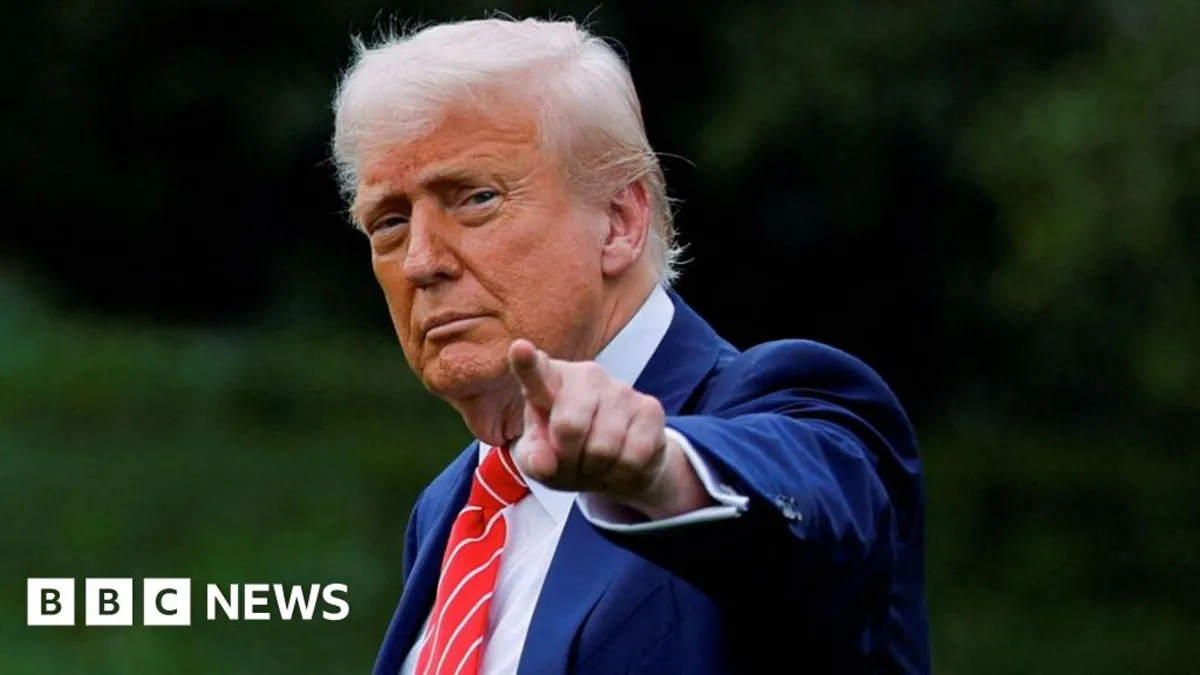
The global economic landscape is facing a significant slowdown this year, primarily attributed to the tariffs imposed by Donald Trump, as reported by the Organization for Economic Co-operation and Development (OECD). The OECD has revised its forecast for worldwide growth to a modest 2.9%, down from an earlier projection of 3.1%. This decline is largely due to the increasing trade barriers and the resulting uncertainty that is expected to impact economies around the globe, with few exceptions.
Among the countries affected, the OECD specifically noted that the United Kingdom would also feel the repercussions, prompting a downgrade in its growth forecasts. The organization urged that the UK government should consider raising tax revenues as a viable strategy to bolster public finances amidst these challenges. Since Trump’s return to office, numerous nations have been subjected to tariffs, creating a climate of unpredictability that has hindered economic stability.
Alvaro Pereira, the OECD's chief economist, conveyed to the BBC that the organization is anticipating a widespread downgrade in economic projections. "We're forecasting basically a downgrade for almost everybody," Pereira stated, highlighting that the growth and job creation prospects are significantly less optimistic than previously expected. Furthermore, the OECD has lowered its outlook for the US economy this year from 2.2% to 1.6%, predicting further declines by 2026.
The OECD's report also raised alarms about rising inflation in the US, a concern that contradicts Trump's earlier promises to reduce inflation during his presidential campaign. Prior to the release of the OECD findings, Trump claimed on social media that “Because of Tariffs, our Economy is BOOMING!” However, the latest official data revealed that the US economy contracted at an annual rate of 0.2% in the first quarter of the year, marking the first economic contraction since 2022.
Alongside the forecast for the US, the OECD also adjusted its expectations for UK growth downwards to 1.3% from 1.4%, a figure predicted earlier in March. The organization anticipates that UK economic expansion will further decline to 1% by 2026, a drop from the previously estimated 1.2%. The OECD linked this slowdown to heightened trade tensions and a climate of uncertainty, while also noting that the UK faces substantial challenges, including high government debt interest payments and limited financial buffers.
In light of these economic pressures, Chancellor Rachel Reeves recently announced £14 billion in measures aimed at restoring fiscal balance, which included £4.8 billion in welfare cuts. While the OECD acknowledged a surprising uptick in the UK’s economic growth to 0.7% between January and March, it cautioned that this momentum is diminishing due to declining business sentiment. The OECD further recommended that Reeves should focus on enhancing tax revenues by closing loopholes and reassessing council tax bands based on current property values, rather than outdated figures from April 1991 in England and April 2003 in Wales.
Next week, Chancellor Reeves is set to present her Spending Review, where she will confront difficult decisions related to departmental budget allocations. The OECD emphasized that strengthening public finances is essential, urging the government to adhere to its ambitious fiscal plans, particularly through the upcoming Spending Review. The government has already committed billions of pounds to defense initiatives, with the NHS also expected to be a focal point due to Labour’s commitments to reduce waiting lists.